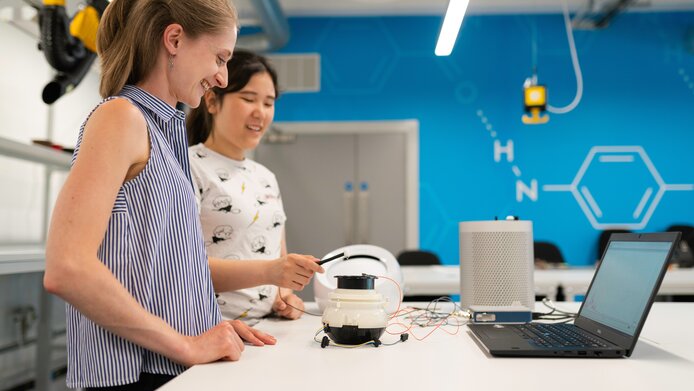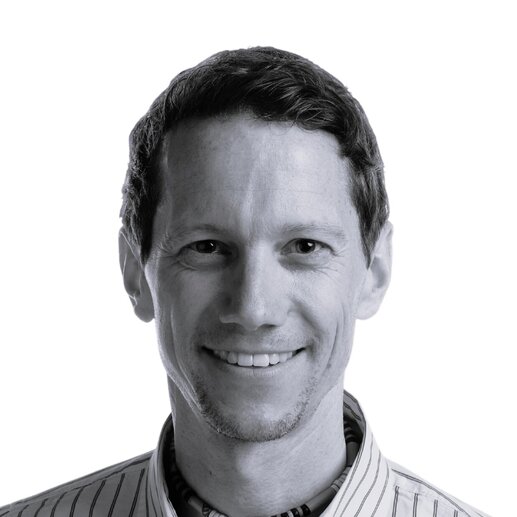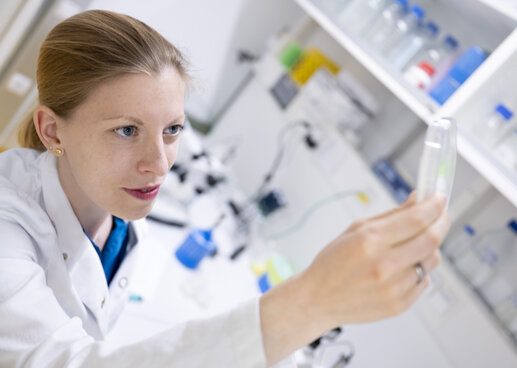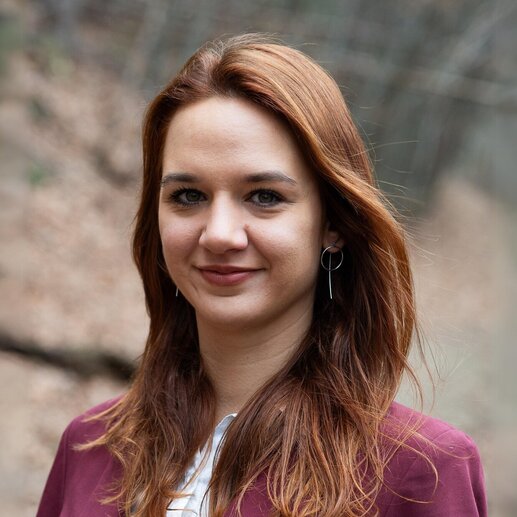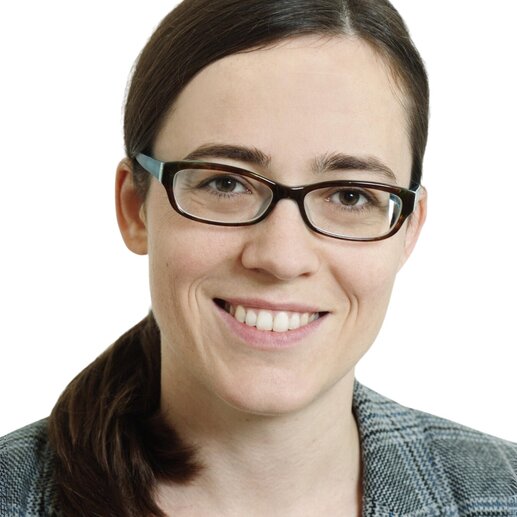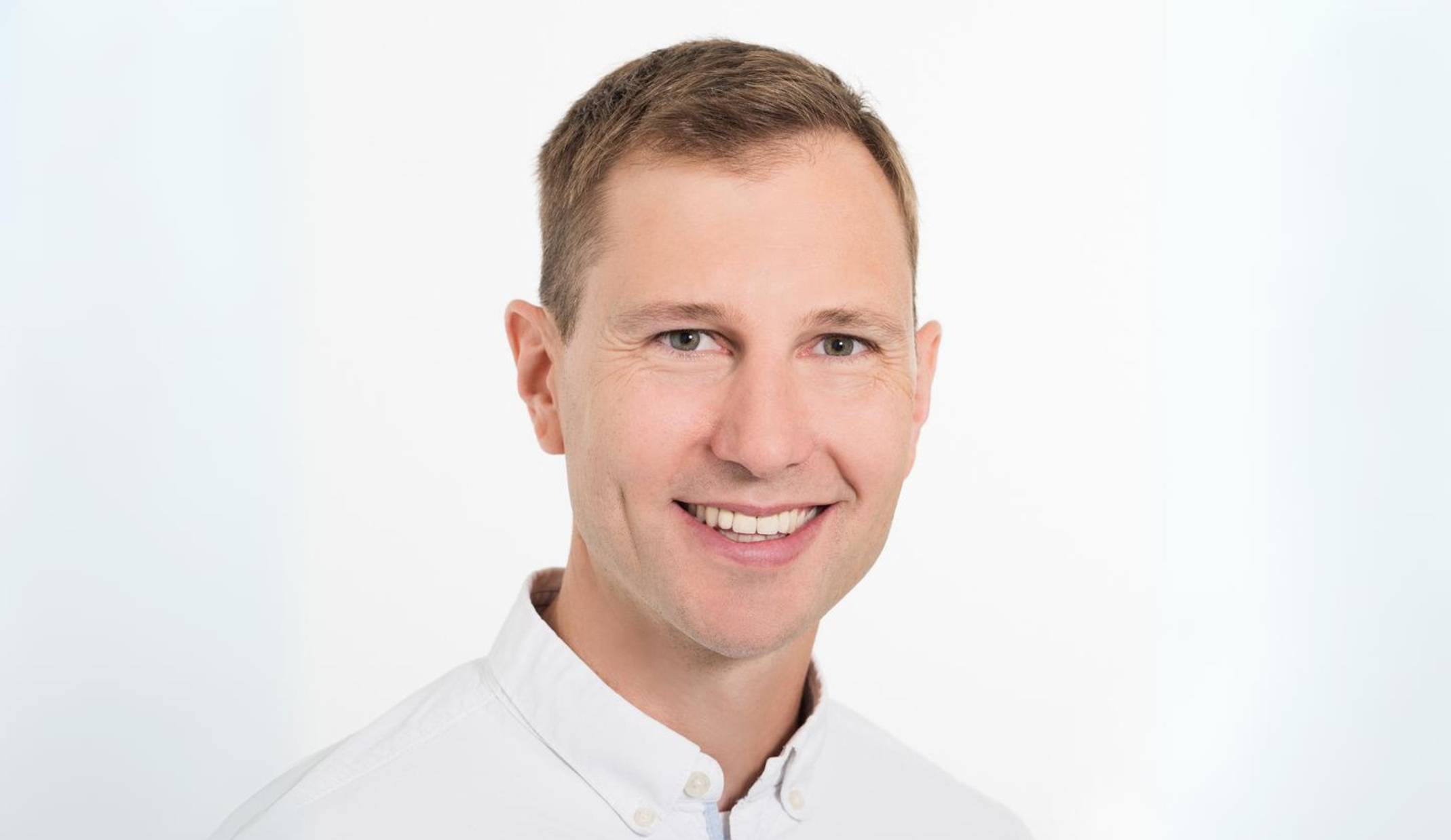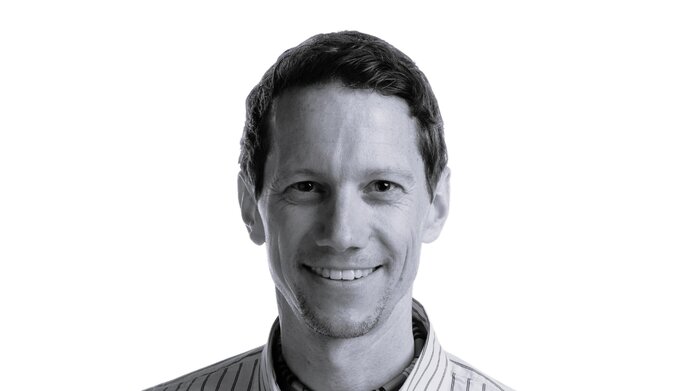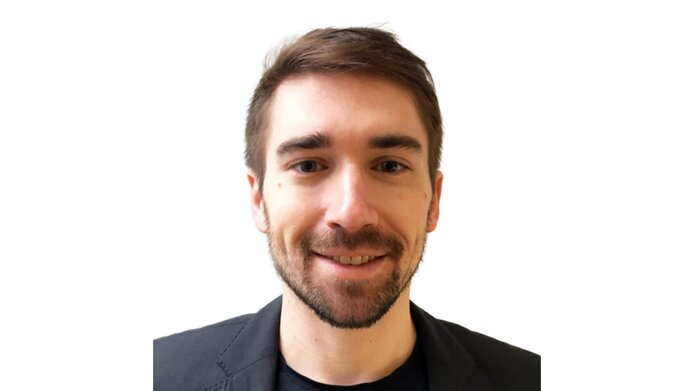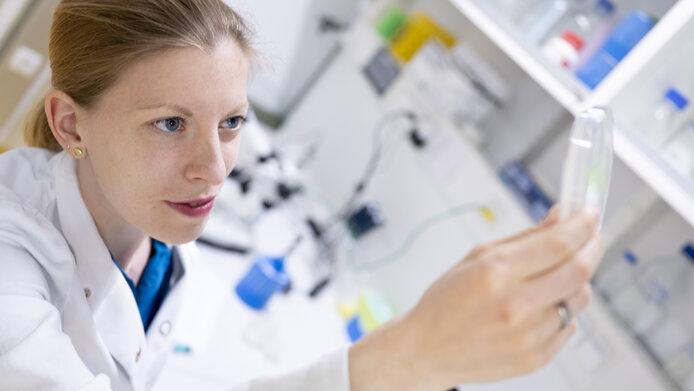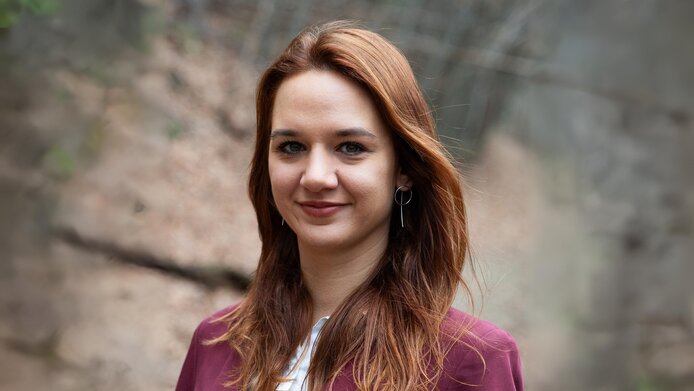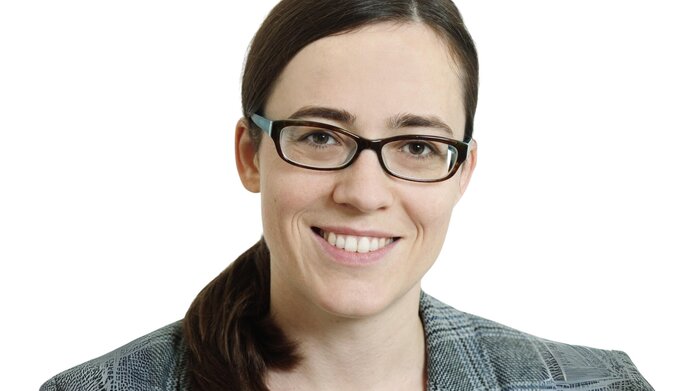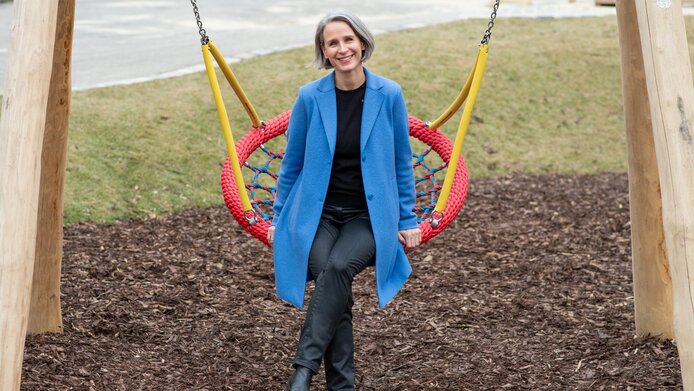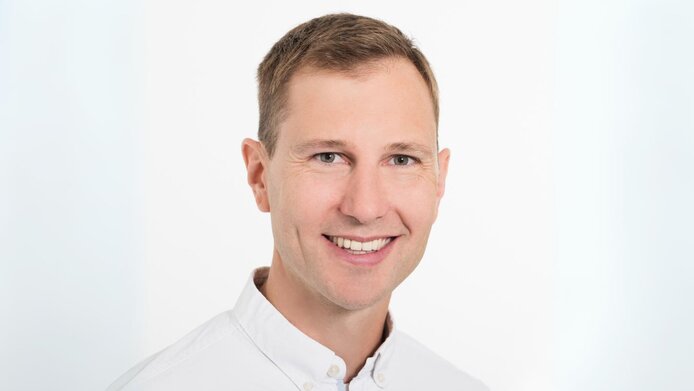As a geoinformatics specialist at the Paris Lodron University of Salzburg, Bernd Resch’s research topics include, for example, how artificial intelligence can be used to improve spatiotemporal analyses enough to allow accurate predictions of future developments, such as the spread of an infection. One focus is on data from social media and the interpretation of texts and images using AI methods. Resch’s Science Communication project “Health Detectives” will communicate findings and methods from this research in workshops and laboratory experiments. In addition to the general public, the main target group are middle and high school students who use real case studies to learn how hypotheses are formed, how machine learning works, how data is obtained from social media, what statements can be made based on it, and how the evaluations can be used for predictions. Participants train AI models themselves and create maps to recognize spatial patterns in the spread of disease. Learning also takes place through play in an “escape room” in the iDEAS:lab at the University of Salzburg, where participants have to overcome a fictitious pandemic. “It is very important to us to create an understanding of how scientific processes work so that citizens can form an informed opinion. This is essential for a functioning democracy,” explains Bernd Resch.
